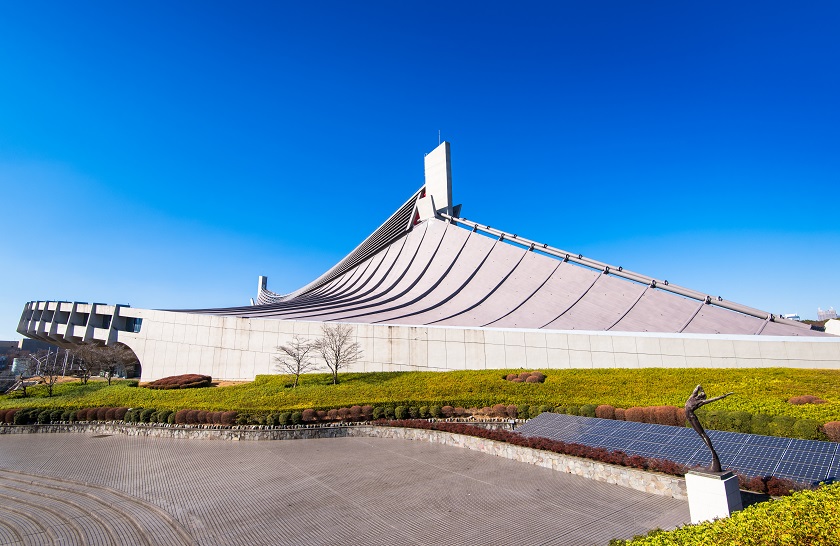By Diana Polk
With the Tokyo 2020 Summer Olympics approaching but no foreign spectators allowed due to the COVID-19 pandemic, the personal-finance website WalletHub released its Tokyo Olympics By The Numbers report and expert commentary to help fans both get fired up for the athletic action and better understand the unique issues surrounding this Olympiad.
This report includes an infographic filled with fun facts and stats about the Tokyo Games as well as a Q&A  with a panel of leading experts on the socioeconomics of the extravaganza. You can find a few highlights below.
with a panel of leading experts on the socioeconomics of the extravaganza. You can find a few highlights below.
Tokyo 2020 Stats
$26B+ – Estimated cost of hosting the 2020 Tokyo Olympics.
$900 Million – Amount to be spent for Tokyo 2020 on coronavirus countermeasures.
$15B – Estimated economic loss for Japan from barring overseas spectators and limiting the number of domestic fans to 50% of the capacity.
80% – Share of people in Japan who want the Tokyo Olympics canceled or postponed again as the coronavirus pandemic rolls on.
44K – Number of security personnel who will work the Tokyo Games – roughly half the number of the 2016 Rio Olympics.
1st – Games to ever use artificial intelligence managed security features, with the ability to correctly verify the faces of 230 million people in one second.
15 Years – Age of the youngest member of Team USA, swimmer Katie Grimes.
For the full report click here.
Expert Commentary
Given its current vaccination count, is Tokyo safe and ready for the Olympics?
“Well, safe and ready are two different things. From a sports perspective, Tokyo is more than ready: the venues are beautiful, logistics figured out. From a public health standpoint, we do not know, do we? Their vaccination rate has been slow, but from day one they have had an excellent grasp on the virus, keeping infection and death rates low. The IOC is claiming that over 80% of the athletes will be vaccinated when they land but the world has not thrown a party like this since the virus, so it is all a big experiment.”
Amy Bass, Ph.D. – Professor, Manhattanville College
“After a slow start, the nation is now vaccinating one million citizens each day. Even then, it is unlikely to reach most of the targets necessary to label the event safe. They are attempting some forms of ‘bubble’ scenarios (athletes will not use public transportation, etc.) but, as we have seen within American sports, a ‘bubble’ only seems to work if tightly regulated, such as with the NBA bubble in 2020.”
Andrew Billings – Professor, University of Alabama
What will be the impact of the Olympics on Tokyo’s economy?
“Some leading Japanese economists are already predicting that should the Olympics take place they will negatively affect Japan’s economy: the tourism bump will not happen and the ‘Japan brand’ will not look good, not to mention that the health care system in Japan is already at max capacity before any of this is even scheduled to take place.”
Alexis Dudden, Ph.D. – Professor, University of Connecticut
“The cost of this Olympic Games to the Tokyo and Japanese economies has been immense, with most estimates putting the cost at $15.4 billion. The direct impact of the Games actually being held will help mitigate some of that, but not nearly what the benefits could have been. There will be broadcast, sponsorship, ticket, merchandise, and concession revenue, but the ticket, merchandise, and concession revenues will be fractions of what they could have been given the limited capacity numbers and restriction on international spectators. Additionally, and probably more important to the overall economy, the loss of all of the travelers paying for hotels, restaurants, and taxis, shopping, visiting museums and other attractions, and generally doing what tourists do will be significant.”
Charles Campisi, Ph.D. – Associate Professor, Baldwin Wallace University
Diana Polk is Communications Manager for WalletHub.
